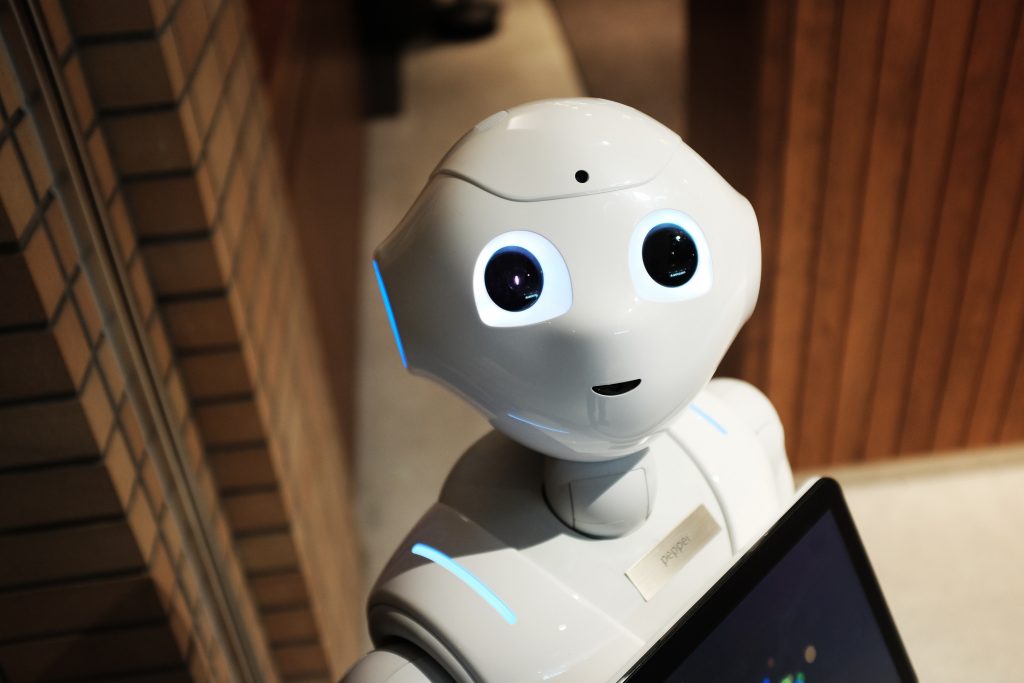Artificial Intelligence (AI) has the ability to make some of the century’s most significant and revolutionary advancements. Self-driving cars, robotic assistants, and automated disease diagnosis are all aspects of the AI revolution that is reshaping our lives and work. And, with the need for smart engineers having more than doubled in the previous few years, professionals who want to work on the bleeding edge of AI research and development have a multitude of options.
If you’re considering a career in Artificial Intelligence, take a look at these top five occupations and the capabilities you’ll need to succeed in them.
1. Machine Learning Engineer
One of the most sought-after occupations in AI, requiring specific software abilities, being able to apply predictive models, and use natural language processing while dealing with enormous data sets. The focus of a Machine Learning Engineer is similar to that of a computer programmer, but it extends beyond programming machines to execute certain tasks. Like building programs that allow machines to accomplish tasks without being particularly instructed to do so.
Competent in strong computer programming skills, expert mathematical skills, knowledge of cloud applications and computer languages, excellent communication and analytical skills, and certifications like machine learning. Candidates with extensive experience with agile development methodologies and familiarity with top software development IDE tools such as Eclipse and IntelliJ will have an advantage in getting hired.
2. Data Scientist
Entrusted with using machine learning and predictive analytics to collect, analyse, and interpret big, complicated datasets. Fluent in programming languages, including structured query language (SQL), Python, Scala, and Perl, as well as statistical computing languages. Crucial in the development of algorithms that allow for the collecting and cleaning of data prior to analysis.
An in-depth understanding of SAS and R, Python coding, Hadoop platform, expertise dealing with cloud tools like Amazon’s S3, and the ability to interpret unstructured data are the most sought-after technical talents. Strong communication and analytical abilities, intellectual curiosity, and business savvy are all essential non-technical talents.
3. Research Scientist
A research scientist is an expert in machine learning, computational statistics, and applied mathematics, among other artificial intelligence areas. In particular, these areas include deep learning, graphical models, reinforcement learning, computer perception, natural language processing, and data representation.
Possessing skills such as parallel computing, artificial intelligence, machine learning, knowledge of algorithms, distributed computing, and benchmarking. In addition to these credentials, individuals interested in this sector should have a thorough understanding of computer architecture as well as excellent verbal and written communication abilities.
4. Business Intelligence Developer
An engineer that’s in charge of developing, deploying, and maintaining BI interfaces, typically responsible for designing, modelling, and maintaining complex data in highly accessible cloud-based data platforms. Working with many forms of data, such as spreadsheets, CSVs, and XML, business intelligence developers must be able to fully understand. It might range from coding to testing to debugging to designing to integrating newly designed technologies as a BI developer.
Experience in data warehouse design, data mining, knowledge of BI technologies, SQL queries, SQL Server Reporting Services (SSRS), and SQL Server Integration Services (SSIS) and popular data science certifications are preferred.
5. Robotic Scientists
Creating mechanical devices that can execute a variety of functions. Some people create machines to go places where humans can’t go safely, such as deep below the sea or into space. Others create robotic hands with microscopic accuracy in mind. The primary goal is to create mechanical gadgets or robots that can conduct tasks in response to human orders. Necessary skills required for this role include writing and manipulating computer programs, collaborating with other specialists, and developing prototypes.
Skilled in advanced mathematics, physical sciences, life sciences, computer science, computer-aided design and drafting (CADD), physics, fluid dynamics and materials science, and related AI certifications.
Artificial Intelligence isn’t simply about replacing the human component. It’s also about making it easier to make judgments based on observable patterns, drawing any conclusions using logic and reasoning, and creating pathways to increase efficiency and output.
If you are planning to pursue a spot in the AI field, you should start by preparing yourself with the skills needed to execute the job successfully.

